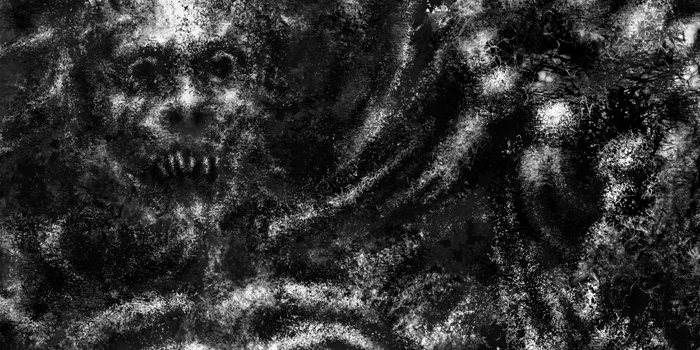
Last May, we spoke about burying our mental demons. From personal experience, the funeral for some of our afflictions is indeed possible. It may not happen in a day, a month, or a year, but sometimes rather something closer to a decade. However, it is possible for the human spirit to exert such indomitable will to heal, overcome, close the chapter on haunting experiences, and mitigate some of the more debilitating effects of mental illnesses.
This does not mean we forget. This does not mean that our biochemical imbalances go away. Instead, having once buried a portion of trauma, the intention should then be to remember. Yet, reminiscence must be done in a calculated fashion. It can chain us down; should we spend too much time in the past, as easily as it can liberate us, should we call upon it in times of need.
PART 1: Mental May—Destroying Demons
The images of those psychological demons that we lay to rest through sheer love of the battle, love for the victory so deeply embedded in our DNA, can empower us to tackle obstacles both seemingly minimal and those that are momentous. To be aware of what you have accomplished in the mental health realm grants a particular strength that is virtually incomparable and certainly deserves all who have fought the good fight.
In light of calling upon memories of victories had over the darkest of our hours, it is vitally important to illuminate how lifting is, and always will be, an essential variable in the equation of conquering those plights and carrying us through those crucibles that may follow.
The mere knowledge of an upcoming training session can be a source of happiness. Having something to look forward to is a source of aid in fighting against mental illness. Planning the actual workout itself deepens a sense of purpose (for instance, strategizing how to hit a PR) and further augments our contentment. The barbell, win or lose, is reliable. Old Faithful. Always there. And is a source of accountability; you will inevitably feel the void only lifting can fill should you ignore that barbell. It goes as follows: see a therapist, have an open conversation with a psychiatrist, talk to whoever will listen, and lift our weights.
PART 2: Mental May—Burying Demons
Physical fortitude is an expression of mental fortitude, and that fighting mentality is ever emboldened by physicality. You can learn to bear mental suffering by engaging with the duress of a physical nature, and those who have suffered on a psychological level have something that will always carry them through physical trials. The relationship is cyclical and serves both ends.
Those bearing psychological scars are the best at whatever endeavor they dedicate themselves to. And maybe, just maybe, it’s because they can call upon their victories over demons of trauma and chemical imbalances that are long buried, at the precise moment in time when they need a psychological, spiritual, and emotional advantage.
Let your conquered demons remind you of your strength, perseverance, and victory. You deserve to have that unlimited strength reserve to tap into during trying times. Consequently, without a doubt, that barbell will move.
This does not mean we stop talking to our therapist and taking our medication.
Header image credit: Serhii Selin © 123rf.com
Max Barnhart, MA, CSCS, has been involved in collegiate strength and conditioning at the NCAA Division I level for eight years. In addition to coaching, Max has been fortunate enough to publish two articles in NSCA publications and to conduct his master’s thesis on the reduction of the bilateral deficit and concomitant effects on extroversion and personality type. Max’s true passion is the optimization of student-athletes’ athletic and personal potential through strength training and through raising mental health awareness among such populations.











1 Comment